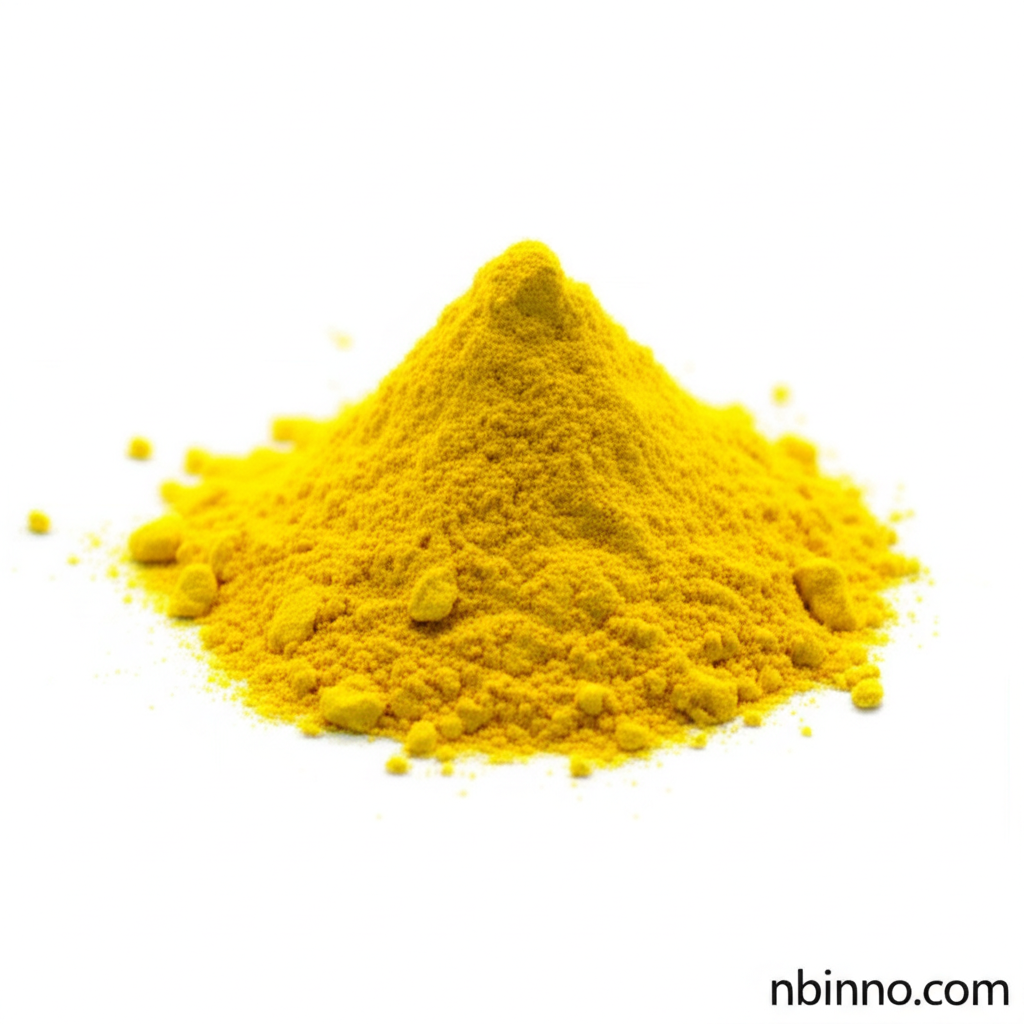Unlocking the Power of All-Trans-Retinal: A Comprehensive Guide
Discover the vital role of this Vitamin A derivative in vision, skin health, and groundbreaking research.
Get a Quote & SampleProduct Core Value

All-Trans-Retinal
All-trans-retinal, also known as Vitamin A aldehyde, is a critical component in the visual cycle, forming rhodopsin in the retina and enabling light detection. Beyond its role in vision, it is recognized for its potential in cosmetic applications for skin rejuvenation and anti-aging, functioning as an intermediate metabolite with similar biological activity to retinoic acid but with better skin tolerance. Its unique properties also make it a valuable tool in optogenetics research for controlling neural activity.
- Explore the 'vitamin A aldehyde function' in detail to understand its biochemical significance.
- Investigate the science behind 'retinaldehyde for skin care' and its benefits for wrinkle reduction and whitening.
- Learn about the 'retinal in vision cycle' and how this molecule facilitates the process of sight.
- Discover why sourcing high-quality 'all-trans-retinal powder' is essential for reliable research outcomes.
Key Advantages
Visionary Research Support
All-trans-retinal is indispensable for studies focusing on the molecular basis of vision and phototransduction, aiding in the understanding of retinal diseases.
Cosmetic Innovation
Leverage 'all-trans-retinal cosmetic benefits' to develop advanced skincare products targeting wrinkles, pigmentation, and overall skin health.
Advanced Scientific Tool
Its role in optogenetics makes it a powerful tool for dissecting neural circuits and understanding brain function, supported by reliable 'all-trans-retinal supplier China' connections.
Key Applications
Vision Science
Essential for research into visual pigment formation and the photochemistry of sight, crucial for understanding conditions like retinitis pigmentosa.
Dermatology & Cosmetics
Used in formulations for anti-aging, wrinkle reduction, and skin whitening, promoting collagen synthesis and reducing pigmentation.
Neuroscience
Applied in optogenetics to control neuronal activity with light, aiding in the study of neural circuits and brain function.
Biochemical Research
Serves as a vital reagent in studies exploring retinoid metabolism and cellular signaling pathways.
